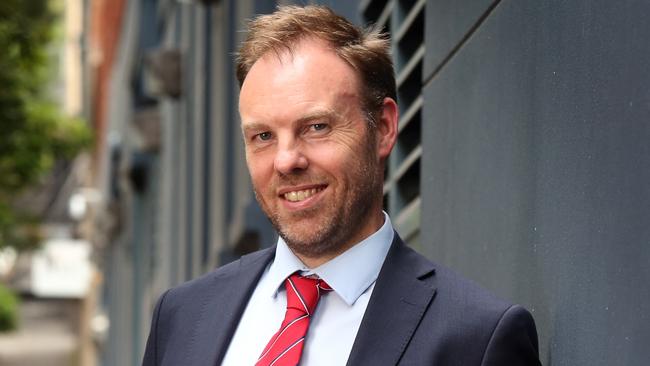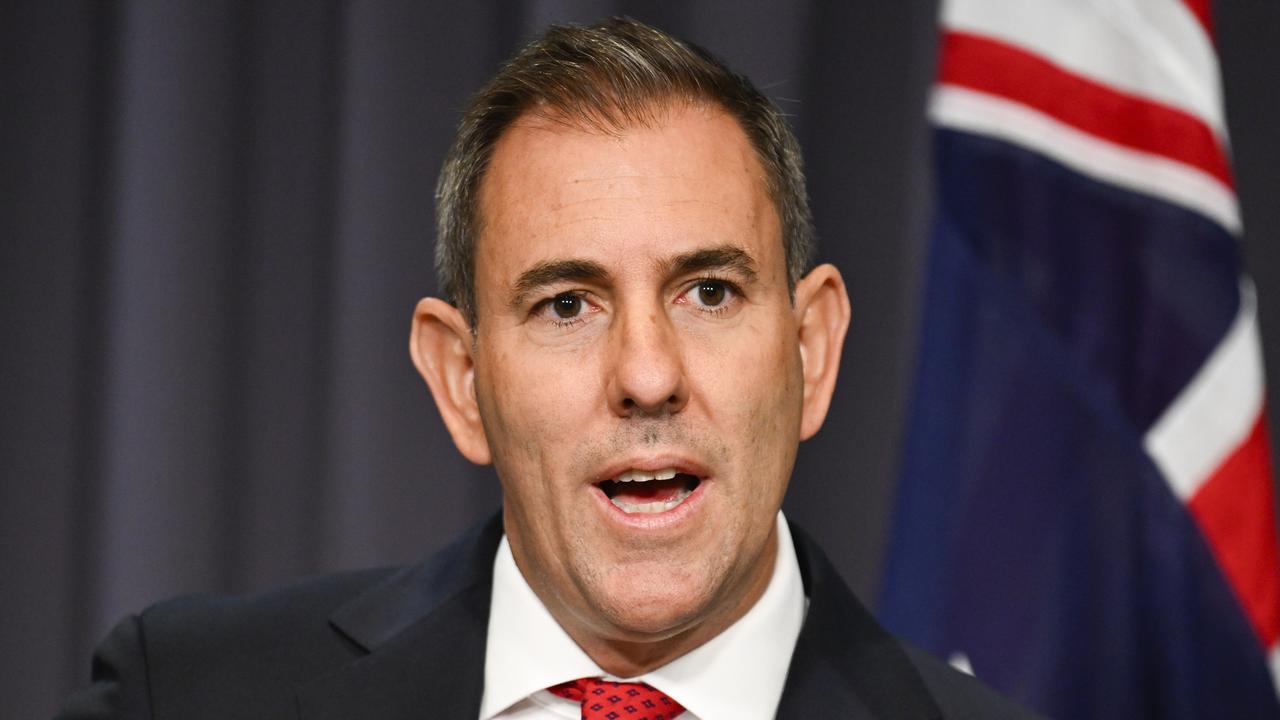
Productivity Commission chief Michael Brennan has cautioned the apparent euphoria over the faster-than-expected growth in the economy is tempered by a realisation about what got us here in the first place.
“Those big things include strong fiscal buffers, a reasonably flexible labour market, openness to trade, well-capitalised banks, independent monetary policy, credible public sector institutions and a targeted, but redistributive tax-transfer system,” he said in a speech to the Committee for Economic Development of Australia.
Some would go further and say that just getting back to square one is good, but let’s be realistic and acknowledge that wasn’t that good in the first place.
Brennan didn’t go that far in his speech but he did warn about two key concerns around the benefits of trade and levels of debt.
“The worst possible response to the pandemic and the recession would be to dismantle, or walk away from, the very policy architecture that has supported our relative success thus far,” he said.
He noted “an honest appraisal of the things we had right before the pandemic and from which any departure would come at great cost to current and future generations”.
Brennan’s concerns included “the renewed promotion of ideas of national self-sufficiency and sovereign capability coming out of the pandemic. This is not a new phenomenon, but it has found a new voice.

“Trade – rather than self-sufficiency – is the only feasible way to deal with these interdependencies,” he added.
“The second is an overly sanguine view about ever-expanding debt and deficit as an ongoing approach to fiscal policy – effectively that the government can and should go yet further with fiscal expansion in more normal economic times at no effective cost.
“The risk in the public debate is that this insight – that GDP growth tends to exceed interest rates – is taken to imply something altogether different and much bigger: that debt and deficit no longer matter at all, ” he added.
Brennan said: “Successful fiscal consolidations in history are rare. They are not often popular.”
He warned “productivity growth has slowed across all developed economies in recent decades, leading to subdued growth in living standard”.
“In Australia, the decade since 2010 – even excluding last year – has seen our slowest growth in GDP per capita of any decade in at least 60 years.
“Productivity policy is more a mindset than a recipe, and it involves having policy settings that at least stack the odds in your favour,” he noted.
In terms of policies which would work, he said: “Our work on planning has identified steps we could take to make zoning regulations more flexible and more agnostic about the location of economic activity.”
“Our work on reg tech has focused on instances where digital technology can cut compliance costs for business, inform more targeted enforcement by regulators and generate data which can often then be a public good.
“Our work on skills has emphasised the importance of choice and efforts to lift quality, and to focus the system more on lifelong learning as well as the initial acquisition of formal qualifications.”
The trouble is, the mindset in Canberra is directed more at congratulating itself for restoring the economy to the anaemic growth pre-pandemic, rather than at restoring productivity to pre-1960 levels.




